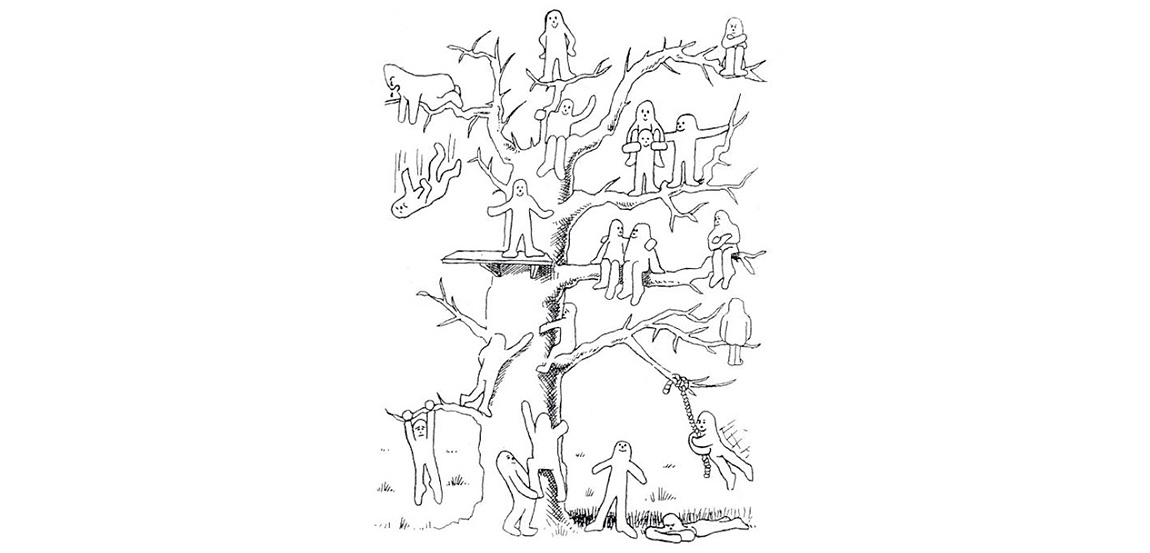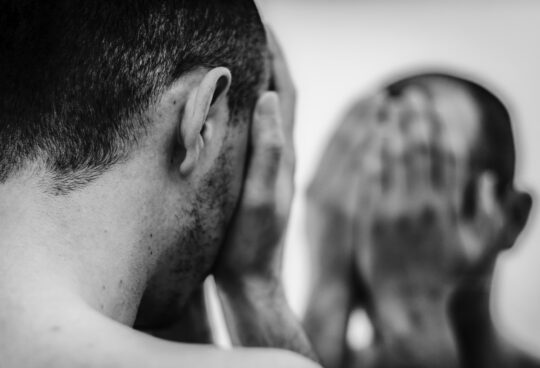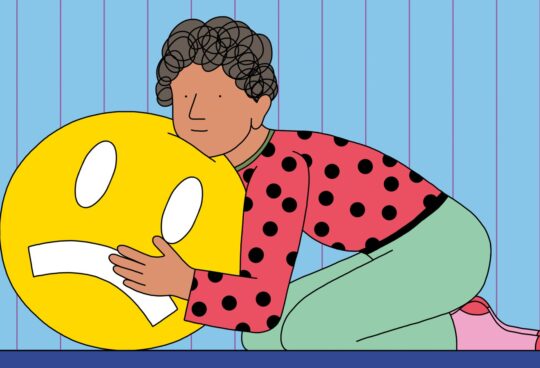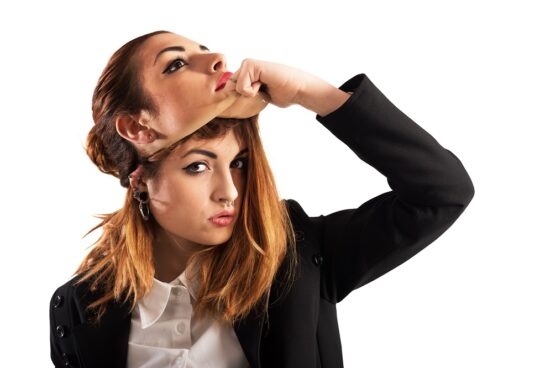Relational Therapy
I’ve included this model of psychotherapy as it is a form of counselling that is quite widespread now and just happens to be the one that I practice. Don’t get this confused with Relationship Therapy as they are two different things.
Definition:- (taken from www.goodtherapy.org)
Relational therapy is an approach that can help individuals recognise the role relationships play in the shaping of daily experiences, attempts to help people understand patterns appearing in the thoughts and feelings they have toward themselves.
The practice of relational psychotherapy adheres to the following principles:
It is important for a person to maintain fulfilling and satisfying relationships with those around them in order to maintain emotional health.
Stress and emotional upheaval are often the result of past relational experiences, and these concerns may inhibit the present self from full expression.
The therapist administering relational psychotherapy provides an atmosphere of empathy and attentiveness in order to elicit full disclosure of the experiences and events affecting the person seeking treatment, as well as the effects they have had both relationally and socially.
The therapist and the person in therapy work together to forge a strong, collaborative, and secure relationship that can serve as a model for future relationships the person wishes to develop. Other relationships can be measured against this supportive one to determine if they are constructive or destructive.
My definition:-
I always define the therapy that I practice as exploring a persons relationship with their world, other people and themselves. This type of therapy will often explore past experiences in order to see how they might be impacting on current relationships.
What might a session be like?
As Relational Therapy is not structured every session will be different. A therapist will often work with what the client is bringing at that moment. Sometimes your therapist might comment on what is happening in the room – if you seem particularly agitated or tired – and you might talk about that. Other times you might be talking about past events or traumatic experiences. In Relational Therapy the therapist will normally try to help you to explore any patterns in relating that you might not be consciously aware of so they may make comments or observations. The therapist may then help you find ways to change any unhelpful patterns.
Who may benefit from Relational Therapy?
This style of therapy can be helpful for anyone who finds themselves stuck repeating patterns of behaviour/relating and wants to explore how to change. Often I find that we end up focusing on how people’s early relationships with others have impacted on their current relationship with themselves. For example, if someone had been abused in childhood they have often learnt to hold a very negative view of themselves. Exploring these and looking at ways to change can help grow a person’s self-worth and then positively affect all their other relationships.






Sorry, the comment form is closed at this time.